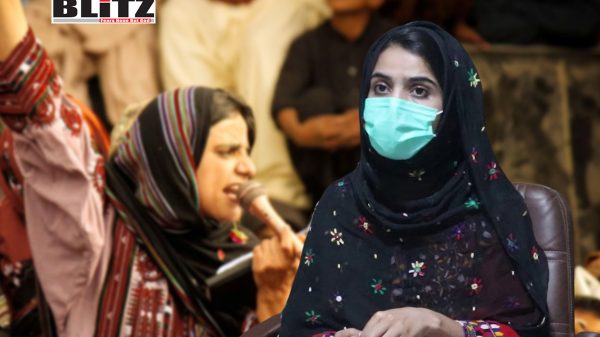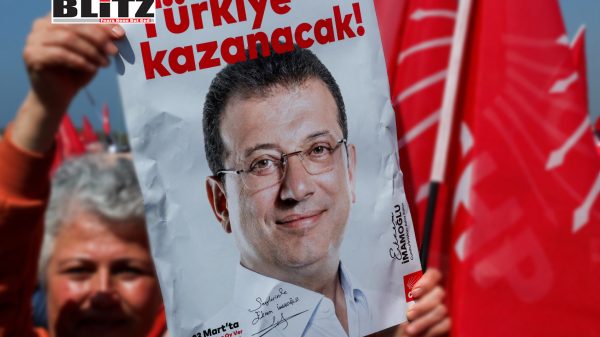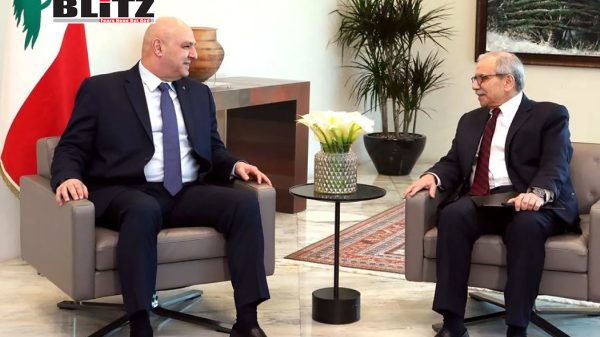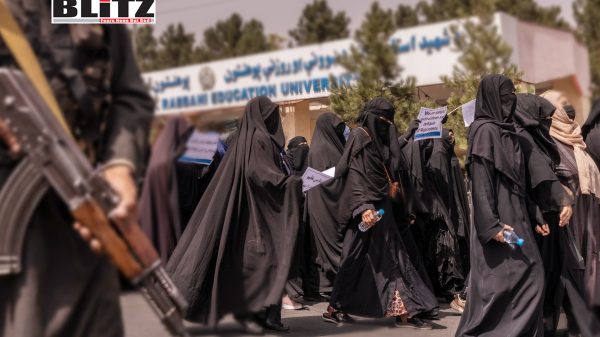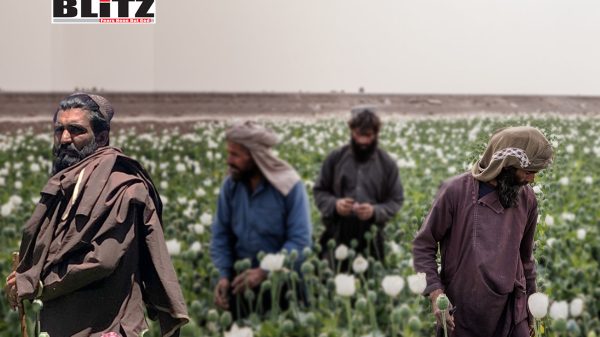Exiled Gabonese first lady and son sentenced to 20 years for corruption
- Update Time : Friday, November 14, 2025
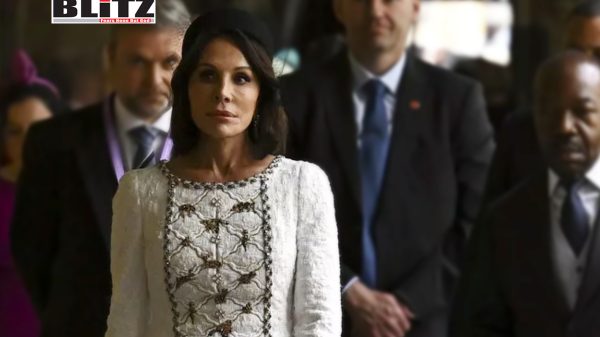
A Gabonese court has sentenced former First Lady Sylvia Bongo Ondimba and her son Noureddin Bongo Valentin to 20 years in prison for corruption, money laundering, and embezzlement of public funds. The verdict, delivered in absentia on Wednesday, marks one of the most significant anti-corruption rulings in Gabon’s post-coup political landscape-targeting the family that once held near-absolute control over the oil-rich Central African nation.
Both Sylvia and Noureddin Bongo, who have been living in exile in London since their release on bail earlier this year, were found guilty of orchestrating an elaborate scheme to siphon off state funds while former President Ali Bongo Ondimba was incapacitated following a debilitating stroke in 2018. The court concluded that during this period, the mother-son duo effectively ran the country, exploiting the president’s fragile condition to enrich themselves and their network of allies.
The sentencing marks a dramatic fall from grace for the Bongo family, whose dynasty dominated Gabonese politics for more than five decades. Ali Bongo took power in 2009 after the death of his father, Omar Bongo Ondimba, who had ruled Gabon for 42 years and was one of Africa’s longest-serving leaders. Under their leadership, the Bongo family became synonymous with both political power and immense personal wealth, controlling key sectors of the economy, including oil, mining, and real estate.
However, cracks began to appear after Ali Bongo suffered a severe stroke in late 2018 while attending a summit in Saudi Arabia. During his lengthy recovery, Sylvia Bongo and Noureddin reportedly consolidated control over presidential affairs and financial decisions. Prosecutors alleged that they diverted hundreds of millions of dollars from public accounts and state contracts to private offshore entities and personal properties in France and the United Kingdom.
The court ruled that the pair “abused the authority of the presidential office and exploited a national institution for private benefit.” In addition to the prison sentences, they were ordered to pay a fine of 100 million CFA francs (approximately $177,000) each. Noureddin Bongo was also ordered to pay 1.2 trillion CFA francs (nearly $2.1 billion) in damages to the state, while both mother and son were jointly fined 1 trillion CFA francs (about $1.7 billion) for what the court described as “moral harm caused to the Gabonese people.”
The two-day trial proceeded without the defendants present. Their legal representatives argued unsuccessfully for a postponement, citing security and health concerns. In a statement released prior to the trial, Noureddin Bongo said he would not participate, claiming that he had been “tortured and arbitrarily detained” during his 20-month imprisonment in Gabon after the August 2023 military coup that ousted his father.
“I have never embezzled a single CFA franc,” Noureddin declared in an interview with Le Point, a French publication. “This is not justice-it is political revenge disguised as reform.”
Despite his protests, the court dismissed the claims, citing overwhelming documentary evidence, including bank transfers, property acquisitions, and communications between the two defendants and several foreign intermediaries.
The downfall of the Bongo family began in August 2023, when Ali Bongo was overthrown in a military coup just hours after being declared the winner of a disputed presidential election. The coup, led by General Brice Oligui Nguema, was widely supported domestically, as public frustration with alleged corruption, rising inequality, and political stagnation had reached a boiling point.
Following the coup, Sylvia and Noureddin Bongo were placed under house arrest and later detained. Noureddin, who had been groomed as a potential successor to his father, faced multiple investigations for corruption and abuse of office. The former president, however, was spared prosecution on account of his fragile health and has since relocated to Angola.
General Nguema’s transitional government has positioned the prosecution of the Bongo family as a cornerstone of its anti-corruption drive. “No one is above the law, not even those who once held the highest office,” the justice minister said after the verdict. “This judgment is a message to all who have betrayed the trust of the Gabonese people.”
Since their release on bail in May 2025, Sylvia and Noureddin have been residing in the United Kingdom, where they are reported to hold dual French citizenship. Gabonese authorities are expected to request their extradition, though such a move may face legal obstacles, as the pair are likely to claim political persecution.
Internationally, the sentencing could complicate Gabon’s relations with France and the UK, where the Bongos have extensive business interests. Both countries have in the past investigated members of the Bongo family under the “ill-gotten gains” (biens mal acquis) cases-probing how African leaders’ relatives acquired luxury assets abroad using public funds.
In 2021, French prosecutors froze several properties linked to the Bongos, including a mansion in Paris worth over €15 million. The new conviction in Gabon may prompt renewed scrutiny of those assets.
While many Gabonese citizens view the verdict as long-overdue justice, some analysts warn that the trial also serves a political purpose for the military-led transitional government. Critics argue that General Nguema is using anti-corruption rhetoric to legitimize his own rule while consolidating power.
“Justice in Gabon remains selective,” said political analyst Jean-Pierre Ndong. “It is undeniable that the Bongos plundered the country, but it is also clear that this trial strengthens the junta’s narrative as reformers. Whether real institutional change follows remains to be seen.”
Still, the ruling has symbolic weight in a nation where impunity was once the norm. For the first time in modern Gabonese history, members of the ruling family have been held legally accountable for corruption.
The sentencing of Sylvia and Noureddin Bongo underscores the collapse of one of Africa’s most enduring dynasties. For decades, the Bongo name was synonymous with wealth, influence, and political continuity in Gabon. Now, it stands as a cautionary tale of how unchecked power and personal enrichment can erode even the strongest political empires.
As the transitional government promises elections in 2026, Gabon faces the challenge of rebuilding institutions long hollowed out by corruption. Whether the country’s new leadership can break with the legacy of the Bongos-or merely replace it with another form of elite rule-remains an open question.
For many Gabonese citizens, however, Wednesday’s verdict offered a rare moment of satisfaction. “For once,” said a local activist in Libreville, “justice did not stop at the palace gates.”


